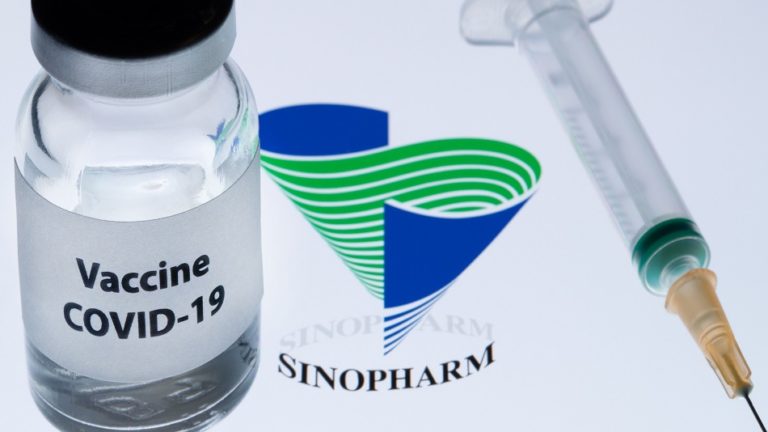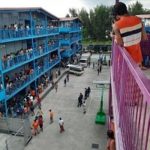Singapore Private Clinics will offers Sinopharm COVID-19 Vaccine

A new vaccine may soon be available in Singapore after it was announced that China’s Sinopharm Covid-19 vaccine may be introduced in the country. In fact, several private healthcare groups are already taking steps to secure doses of the jab.
This Special Access Route framework allows private healthcare groups to fly in Covid-19 vaccines that the World Health Organisation (WHO) has listed for emergency use. Currently, this includes Sinovac, Sinopharm, Johnson & Johnson and Oxford-AstraZeneca.
Since Sinopharm does not fall under the Pandemic Special Access Route framework like Pfizer-BioNTech and Moderna, it will not be subsidised by the Government.
Individuals who choose to take Sinopharm will also not be covered under the Vaccine Injury Financial Assistance Programme, which is in place to help people who suffer from adverse effects from their Covid-19 vaccinations.
The Sinopharm vaccine will be administered in two doses that have to be given three to four weeks apart. It can be used on individuals above the age of 18 and is 79 per cent effective against symptomatic disease two weeks after the second dose according to WHO.
What’s the recommended dosage for Sinopharm?
SAGE recommends the use of BIBP vaccine as 2 doses (0.5 ml) given intramuscularly. WHO recommends an interval of 3–4 weeks between the first and second dose. If the second dose is administered less than 3 weeks after the first, the dose does not need to be repeated. If administration of the second dose is delayed beyond 4 weeks, it should be given at the earliest possible opportunity. It is recommended that all vaccinated individuals receive two doses.
Who can take Sinopharm covid-19 vaccine?
The vaccine can be offered to people who have had COVID-19 in the past. Within 6 months after an initial natural infection, available data show that symptomatic reinfection is uncommon. Given limited vaccine supply, persons with PCR-confirmed SARS-CoV-2 infection in the preceding 6 months may therefore choose to delay vaccination until near the end of this period. In settings where variants of concerns with evidence of immune escape are circulating earlier immunization after infection may be advisable.
Vaccine effectiveness is expected to be similar in lactating women as in other adults. WHO recommends the use of the COVID-19 vaccine BIBP in lactating women as in other adults. WHO does not recommend discontinuing breastfeeding after vaccination.
Persons living with human immunodeficiency virus (HIV) are at higher risk of severe COVID-19 disease. Persons living with HIV were not included in the trial but given this is a non-replicating vaccine, persons living with HIV who are a part of the recommended group for vaccination may be vaccinated. Information and counselling, wherever possible, should be provided to inform individual benefit-risk assessment.
How efficient is the Sinopharm vaccine?
SAGE has thoroughly assessed the data on quality, safety and efficacy of the vaccine and has recommended its use for people aged 18 and above.
Safety data are limited for persons above 60 years of age (due to the small number of participants in clinical trials). While no differences in safety profile of the vaccine in older adults compared to younger age groups can be anticipated, countries considering using this vaccine in persons older than 60 years should maintain active safety monitoring.
A large multi-country Phase 3 trial has shown that 2 doses, administered at an interval of 21 days, have an efficacy of 79% against symptomatic SARS-CoV-2 infection 14 or more days after the second dose. Vaccine efficacy against hospitalization was 79%.
The trial was not designed and powered to demonstrate efficacy against severe disease in persons with comorbidities, in pregnancy, or in persons aged 60 years and above. Women were underrepresented in the trial. The median duration of follow-up available at the time of evidence review was 112 days.





